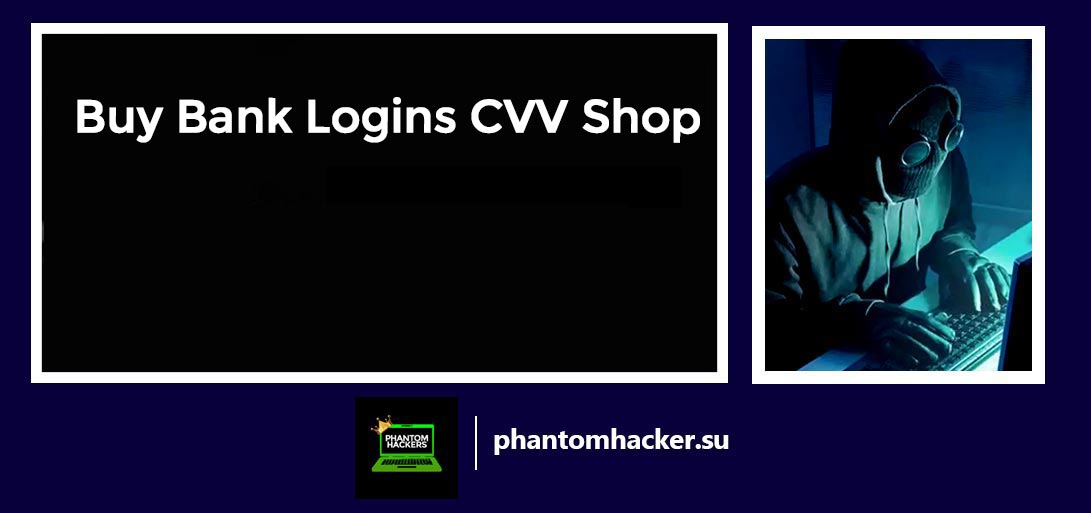In the ever-evolving world of finance and technology, online security is of paramount importance. As we continue to move towards a cashless society, electronic transactions have become the norm. With this shift, the need for secure access to online banking and financial services has grown exponentially. However, it’s crucial to tread carefully, especially when you’re new to the world of online banking and carding. This guide aims to provide a comprehensive overview of buying bank logins and CVV shop essentials for beginners, ensuring you have the knowledge you need to navigate this complex landscape safely and responsibly.
Understanding Bank Logins
What Are Bank Logins?
Bank logins, often referred to as “carding logins,” are credentials that grant access to a person’s online banking account. These credentials typically include a username and password. They are used to access and manage bank accounts through online banking platforms.
How Are Bank Logins Obtained?
Bank logins can be obtained through various means, including phishing, hacking, and data breaches. Criminals may also buy and sell stolen bank login information on underground marketplaces, known as CVV shops. These shops specialize in selling not only bank logins but also CVV (Card Verification Value) data, which is essential for carding activities.
The Dark Side of CVV Shops
What Are CVV Shops?
CVV shops are illicit online marketplaces where cybercriminals trade stolen financial information. These marketplaces offer a wide range of products, including bank logins, credit card details, and personal information. The allure of CVV shops lies in the accessibility of such information, making it enticing for criminals looking to engage in fraudulent activities.
Risks Associated with CVV Shops
It’s crucial to understand the significant risks associated with CVV shops:
- Legal Consequences: Engaging in any illegal activity, such as buying or using stolen bank logins or credit card information, can lead to severe legal consequences.
- Financial Loss: Purchasing stolen bank logins or credit card information can result in substantial financial losses, both for buyers and victims.
- Identity Theft: Criminals who gain access to your bank accounts or personal information through stolen logins can use this data for identity theft, further complicating your life.
- Compromised Privacy: Your privacy is at risk when you engage in activities associated with CVV shops. Law enforcement agencies and cybersecurity experts actively monitor these platforms.
Protecting Yourself Online
How to Stay Safe
While the allure of easy money or the desire to exploit security flaws may be tempting, it’s essential to prioritize ethical and lawful behavior online. Here are some tips for staying safe:
- Education: Understand the risks and consequences of illegal activities. Knowledge is your best defense against falling into the trap of CVV shops.
- Use Strong Passwords: Always use strong, unique passwords for your online accounts, especially banking. Enable two-factor authentication when available.
- Avoid Suspicious Links: Be cautious when clicking on links or downloading attachments from unknown sources. Phishing scams often use deceptive emails to steal login information.
- Regularly Monitor Your Accounts: Keep a close eye on your bank statements and financial transactions. Report any suspicious activity to your bank immediately.
- Legal Action: If you come across illegal activities online, consider reporting them to the appropriate authorities. Your actions can help combat cybercrime.
Conclusion
In the digital age, it’s crucial to be aware of the risks associated with buying bank logins and engaging with CVV shops. While the temptation may be strong, the consequences of such actions can be severe, both legally and financially. It’s always better to prioritize ethical and lawful online behavior. Protect yourself by staying informed, using strong passwords, and reporting illegal activities when you encounter them. In the end, responsible online conduct is the key to a safer and more secure digital world.




